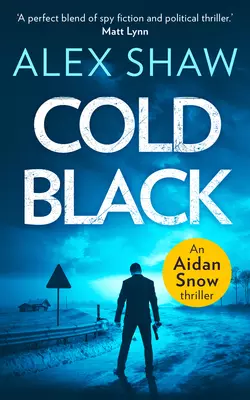Cold Black

Alex Shaw
Тип: электронная книга
Жанр: Шпионские детективы
Язык: на английском языке
Стоимость: 288.34 ₽
Статус: В продаже
Издательство: HarperCollins
Дата публикации: 25.04.2024
Отзывы: Пока нет Добавить отзыв
О книге: Aidan Snow is back with a mission that is bigger than ever. Now an MI6 operative, Snow must locate and rescue an old SAS colleague before an Al-Qaeda splinter cell can carry out acts of unprecedented horror. But who is covertly funding these new attacks and why?Aidan Snow finds himself caught in a maelstrom involving East, West and Middle East which could have catastrophic results.Praise for Alex Shaw:‘Meet Aidan Snow, an ice-cold operative in a red-hot adventure’ Stephen Leather‘Sizzles across the page like a flame on a short fuse!’ Matt Hilton‘A perfect blend of spy fiction and political thriller’ Matt LynnReaders love the Aidan Snow books:‘A superb, pulse-racing read’ Online reviewer‘Exciting and fast-paced’ Online reviewer‘Immensely enjoyable and tightly written’ Online reviewer